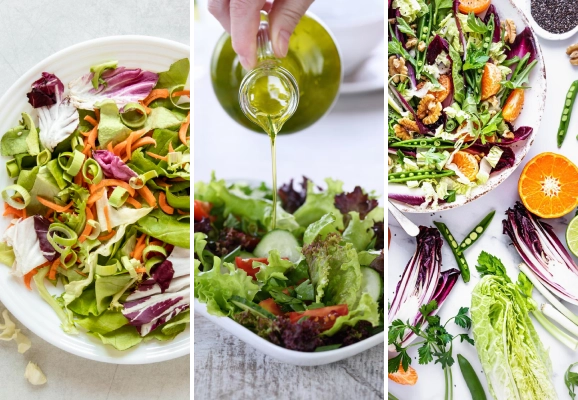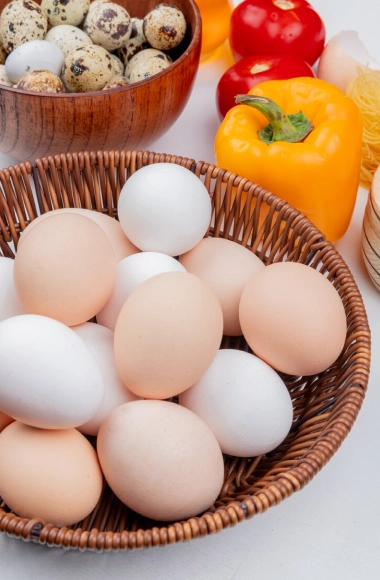- 12510 Prosperity Drive Ste 280 Silver Spring, MD 20904 USA
The primary reason for Halal is to serve the national and international Muslim communities in meeting their religious compliance. The concept of Halal applies to a wide range of goods and services used in a Muslim’s daily life.

Muslim consumers choose products because they are in compliance with the process and procedure as defined by Islamic Law (Sharia). The industry and producers of goods and services as a whole are often not aware of these requirements. Subsequently, they overlook the needs of this segment of our population. USA Halal Chamber of Commerce, Inc, promotes unified standards of acceptance and certification. A unified standard bridges the gap between Muslim consumers and the industry. It establishes credibility and assures the Muslim consumer of strict compliance to the Halal process.
No, we certify a range of products, including processed foods, cosmetics, and dietary supplements. Halal means permissible; please read our guidelines for more information. You may also refer to the categories we certify here.
Halal certification is not only about Halal slaughter. We also verify that all ingredients are Halal and that there is no contamination with Haram ingredients.
No; although there are many similarities between Halal and Kosher, there are differences. A Kosher certificate is not a substitute for a Halal certificate.
We can only verify the Halal status of products and/or plants certified by us. If a product is not certified by us, you need to contact the manufacturer or distributor of the product(s).
For products certified by us, please fill out the form at the link here.
For the form, you will need:
In our certification process we ensure that every step of the production is Halal. This includes ingredients, processing, and storage. We review documentation from the client and conduct an on-site inspection of their facility. For guidelines on specific types of production, please refer to our guidelines here.
No, not always. Our Halal certification is specific to certain plant locations and products. A client may have only some of their products certified Halal. Please view their Halal certificate to view the list of Halal certified products. To check if a product or plant is Halal, please fill out the form here.
For poultry, we accept both manual (hand) and mechanical slaughter method with our Muslim supervisors present to make sure the cut is being done properly and to say the blessing. Anything missed by the machine is done by hand.
For beef and all other large animals, all slaughter is done by hand (manual slaughter).
Please visit our website and review our guidelines for more info on that process here.
We do allow the use of stunning, per our guidelines. As a part of our certification process, we check the stunning to verify it is not killing the animal and that they can be revived. We cannot guarantee that no animal will ever be killed, but if any animal does die from the stunning, they will be removed and not processed for use in Halal products. That is a rule of the USDA for all animals, not just Halal; no animal killed by stunning will be used for human consumption.
It is only a recommendation to have the animal face towards the Qibla. We do it when possible, but it is not a requirement.
We are only in charge of the halal certification process for our clients. We do not have anything to do with sales or distribution, including the size or weight of the packaging.
If there is a problem with the quality of the product, please contact the manufacturer or distributor directly.
Yes, gelatin is allowed if it is from a Halal source (beef, fish, plant etc.). We verify that it does not come from pork or any other Haram sources.
When we certify cosmetics, including nail polish, we verify that the ingredients and production process are all Halal compliant.
Regarding making wudu with nail polish, you can refer to your local religious leader.
We certify all foods from the sea as Halal, based on the following verse from the Qur’an:
Verse “Lawful to you is game from the sea and its food as provision for you and the travelers, but forbidden to you is game from the land as long as you are in the state of ihram. And fear Allah to whom you will be gathered.” (Al-Ma’idah 5:96)
The alcohol found in alcoholic beverages, such as beer, wine, etc., ethyl alcohol (ethanol), is prohibited according to Islamic law. We verify that the percentage of ethanol is below a level allowed by the standards that we follow.
Other types of alcohol, which are not intoxicating, may be used as processing or cleaning agents. (Cetyl alcohol, isopropyl).
Dhabiha (sometimes referred to as Zabiha) in Arabic (in the holy Qur’an) means slaughtered with a sharp instrument. An exact and clearly defined method of killing an animal (slaughter) making the meat fit for Muslim consumption.
There are various methods of performing the slaughter which include hand/manual (performed by a Muslim holding a knife) and machine/mechanical (a Muslim is present saying the Tasmiyah, but the cut is done by the machine). Both methods are acceptable in Islam.
The standards and guidelines we follow allow for both methods.
Dhabiha (Zabiha) has been interpreted as meaning “hand slaughtered” or done manually by many Muslims worldwide because machine slaughter was not available in olden times. Many Muslims worldwide may not accept machine slaughtered as halal as their personal choice.
